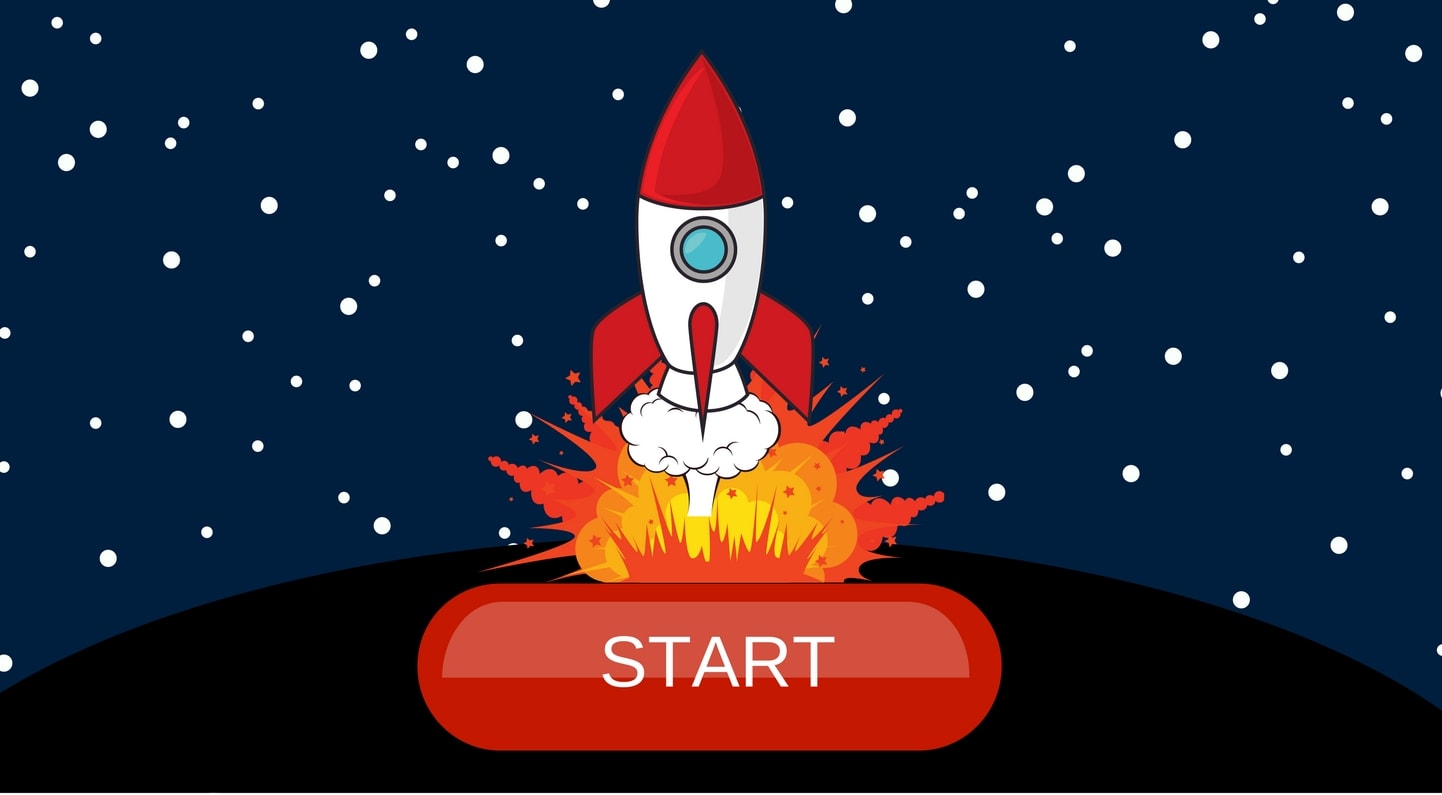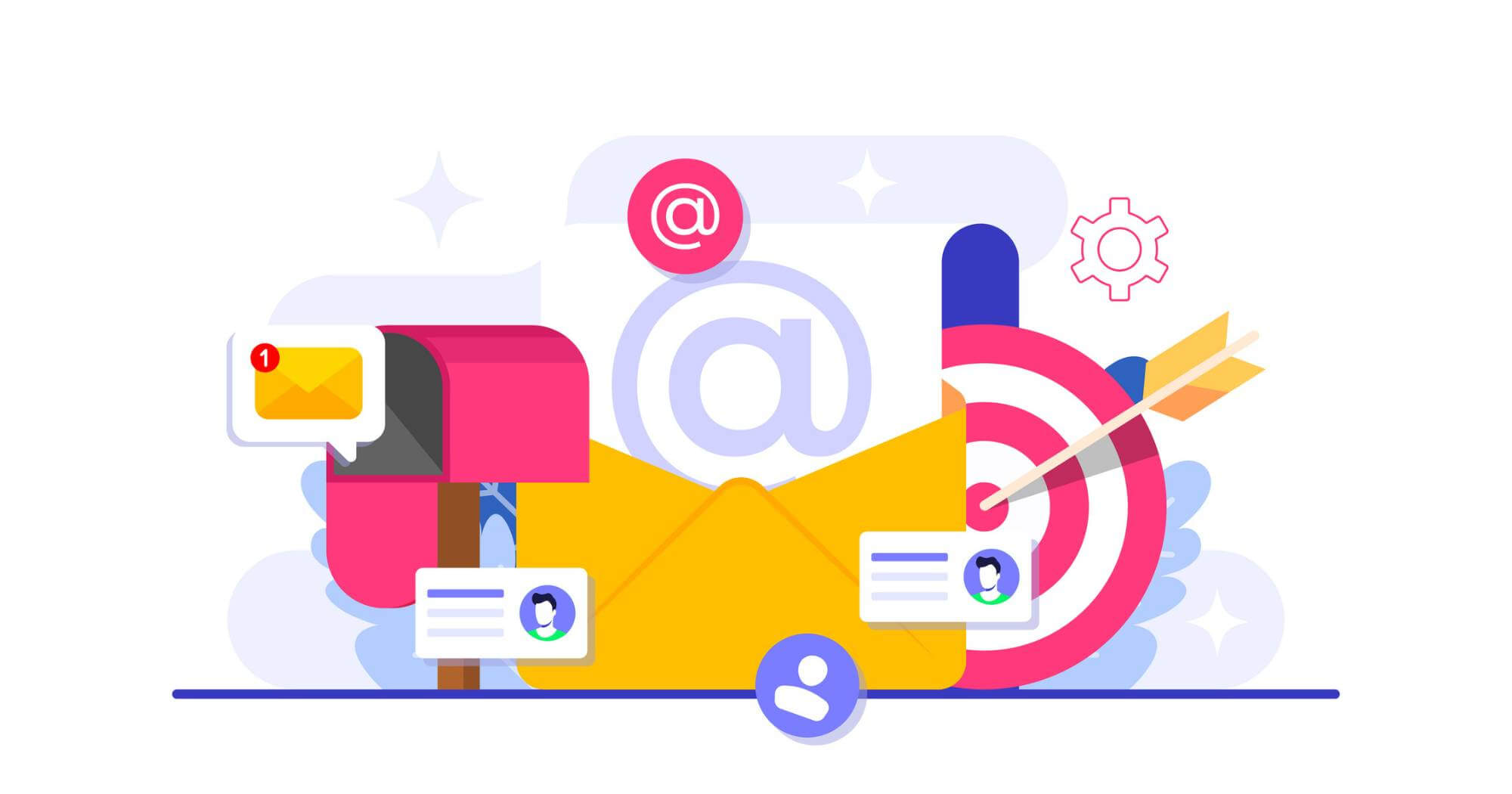For us, project start meetings are a vital part of your project. It is where the project team will meet you, the client. Where we can ask all the relevant questions and learn more about your business. Plus your objectives, your likes/dislikes to formulate a plan to deliver your project. Most importantly make sure that you are happy with the proposed end product.
First things first
We start off our project start meetings before you arrive. This comes in the form of an internal catch-up, this is where your account manager will brief in the team on the project. Then run through the proposal and the quote. Concluding with any key deliverables that have already been discussed.
We will then create a list of questions to help us better understand your project. To put our best foot forward and ultimately understand your requirements. Then send this to you in advance of the meeting. This is so that you can come prepared with any answers to our questions so that we can run through them in person.
If we’ve not met you already, we always get excited to meet you and start your project. We never know where our creativity will take us and what we will learn.
Getting to know you
We want you to feel that we are an extension of your team, and make you feel comfortable knowing that you are in safe hands with your dedicated project team here at Fifteen.
So, during the project start meeting, (which generally lasts between 2-4 hours) we will cover a range of topics (detailed below) you will have already had the questions that we will need to answer, and this acts as the agenda for the meeting.
The questions we ask, are designed to help us to get to know your project better, and so that we can produce all the necessary documentation, these topics include conversation points such as;
- Introductions (us getting to know you, you get to know us), who the project team is.
- Responsibilities of your project team.
- The approval process (who will need to sign-off and at what stages).
- Understanding your requirements, looking at what we are doing, when, how and what will we produce at the end of it for you, this also includes looking at your business, your competitors and learning about your likes and dislikes.
- What tools will we use to work on your project, and what assets we will need from you to get started.
- KPI’s and what success looks like to you.
- If the project is web-based, we will talk about the functionality of the website, and request any necessary documentation or contacts from you to assist with this.
And then talking about anything else, we need to know to help make your project as streamlined and simple for you!
We love it when a plan comes together
Work starts straight after your project start meeting. Your production team will meet with the heads of departments to plan out your project milestones, type up the notes that we took from the meeting, and then create a project discovery document.
Our discovery documents are where we will outline the project brief, project KPI’s, the vision, confirmation of the quote we are working to, the payment structure, the team, a timeline for the project with key milestones, what we need from you to get started etc. They vary in detail, depending on the level that is required as part of your project, and the amount of work that you are doing with us at one time.
We will use the discovery document as a reference throughout the project, so we can make sure that we are covering everything that has been agreed to, and so that we can meet and exceed your expectations.
It’s crucial that you use it too, as it contains essential information about your project, and will help the project run as smooth as possible so that we can deliver it on time and budget.
Sound like a plan? Then get in touch.




